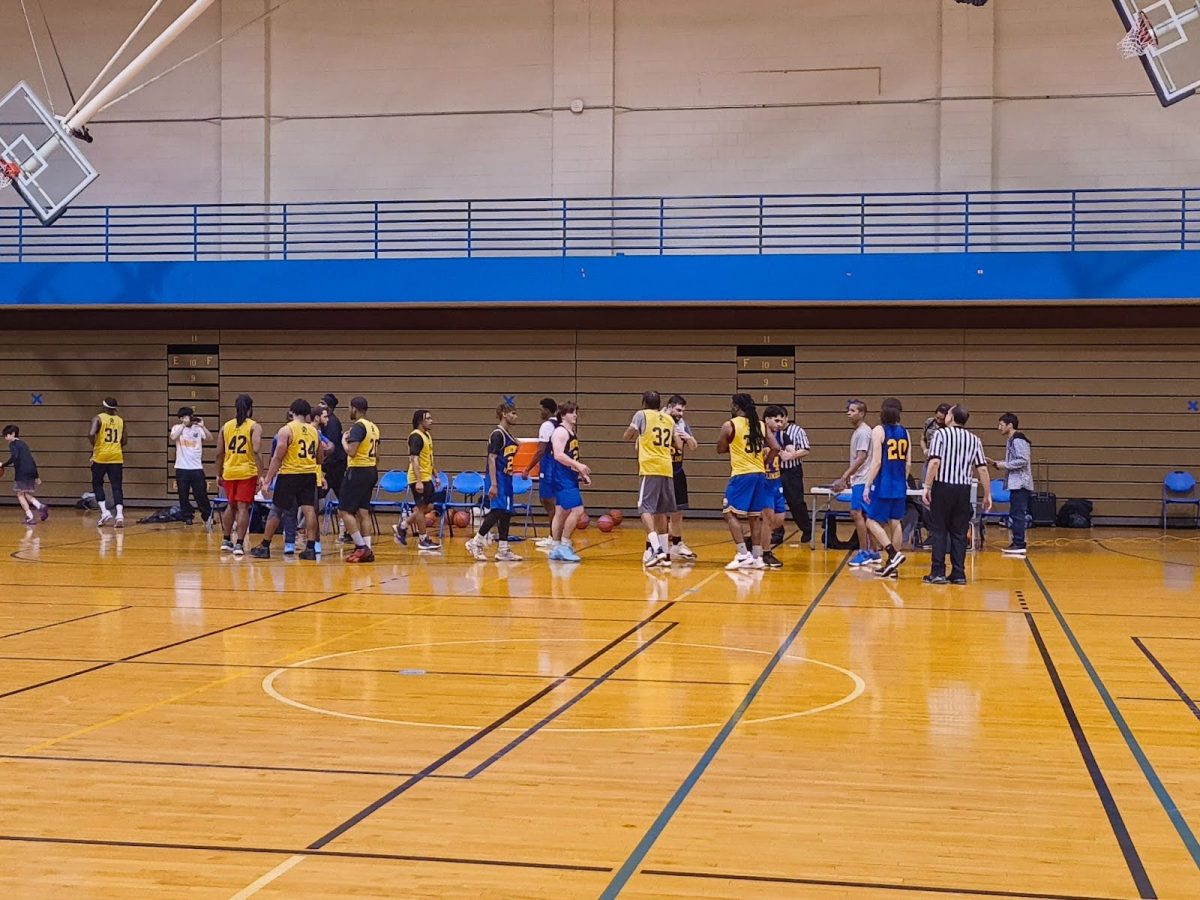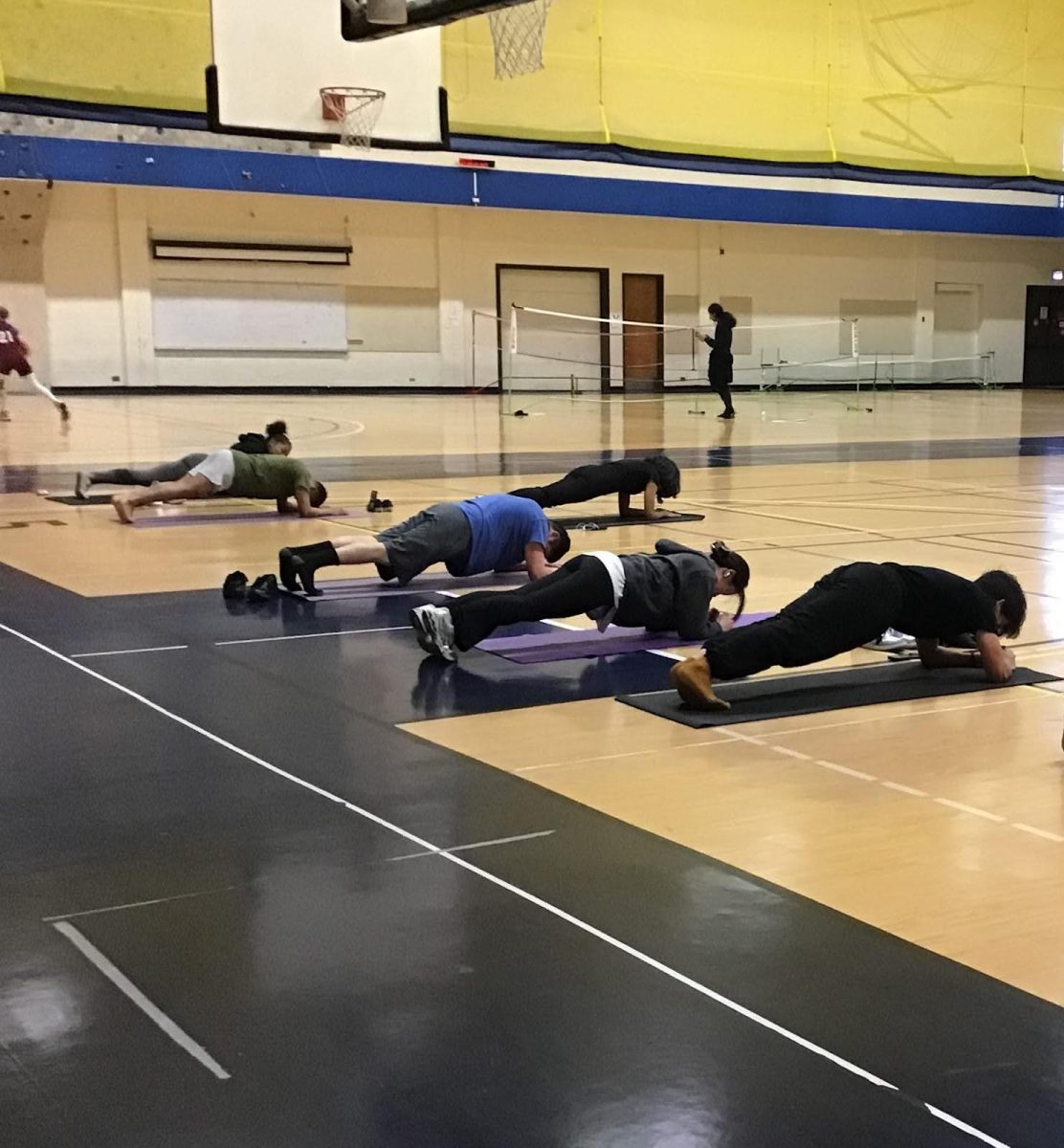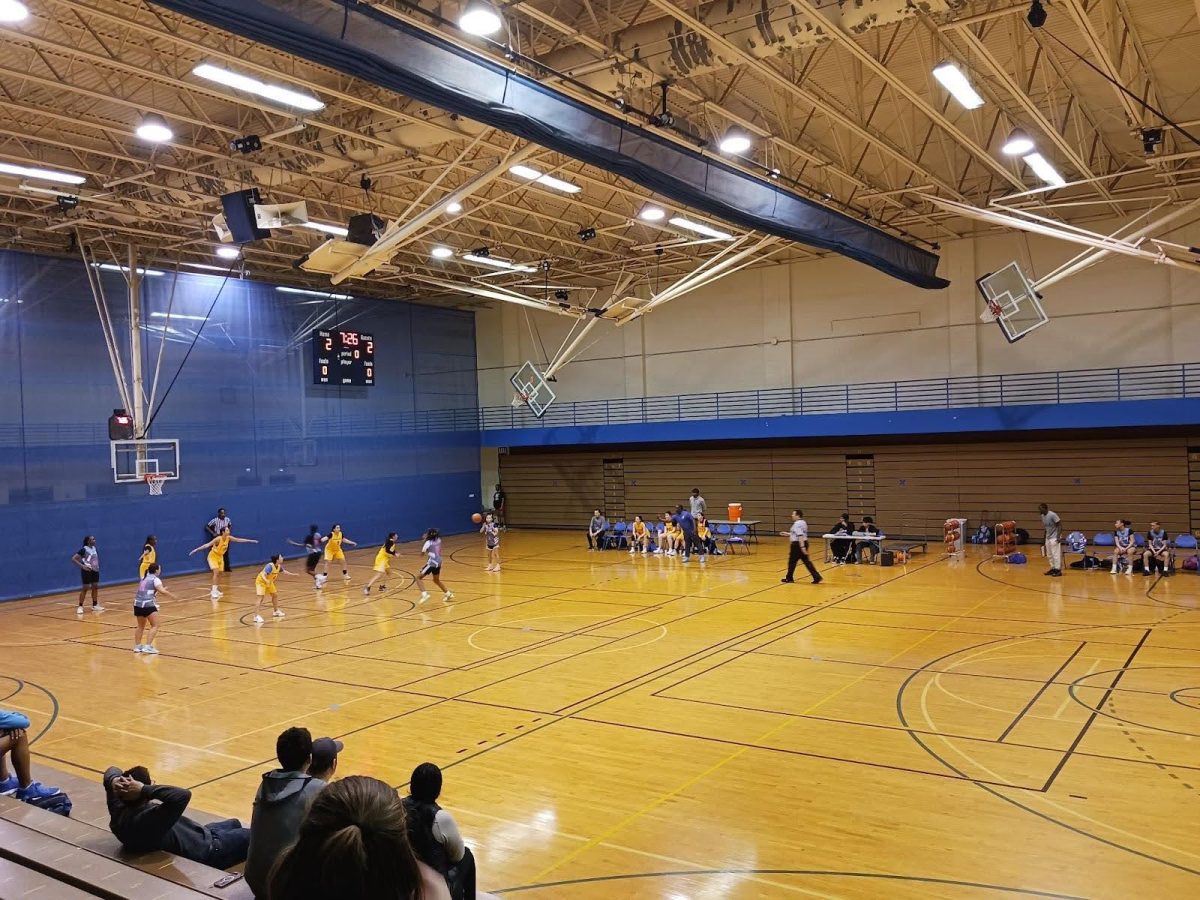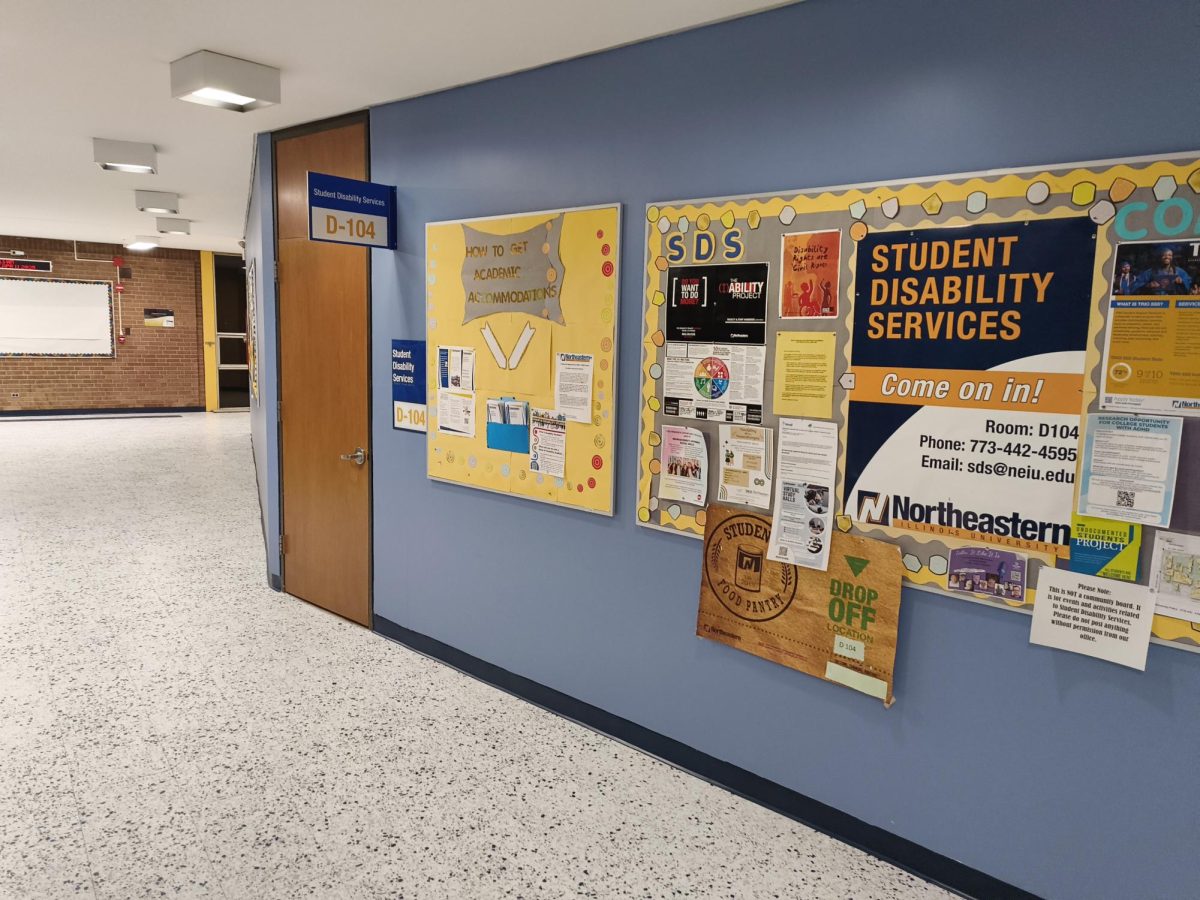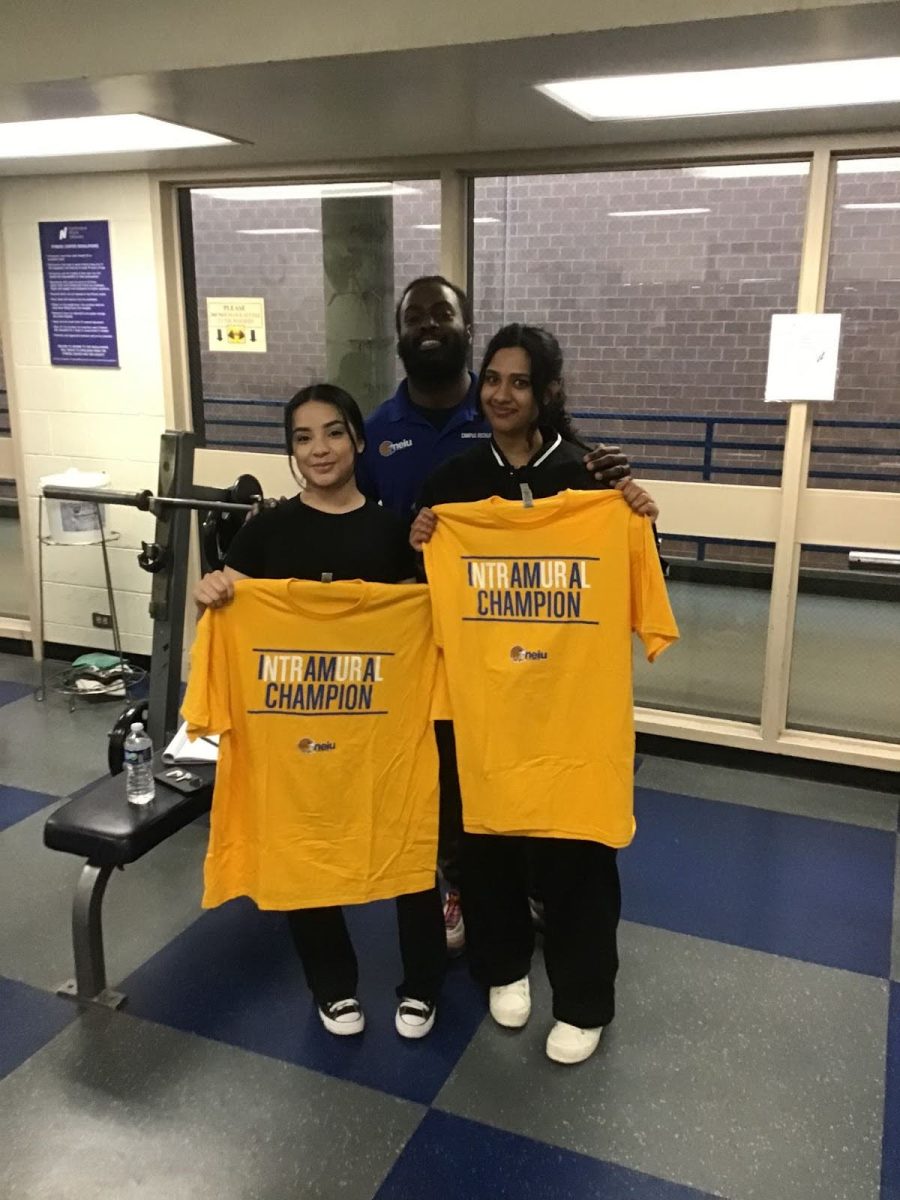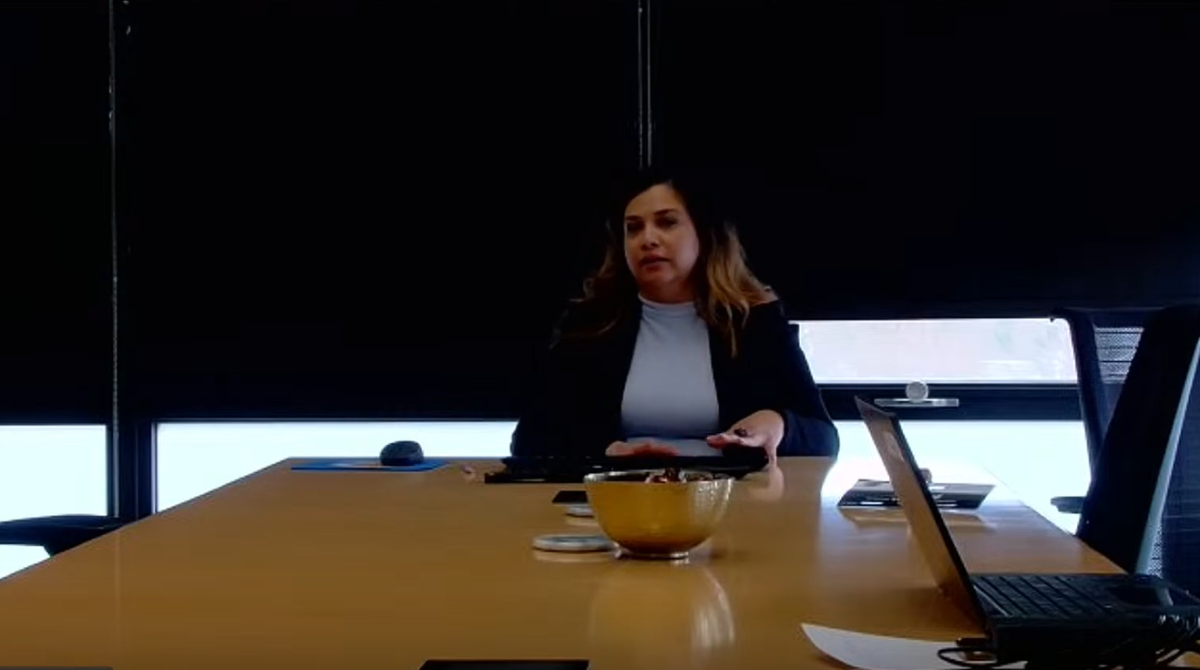Starting Fall 2024, NEIU’s Student Center for Science Engagement (SCSE) initiated a new science communication project, which will continue throughout the next semesters. This project aims to help students effectively communicate complex scientific ideas to a wide audience. Luke Devereux, SCSE STEM Advisor, and Dr. Beth Reinke, Associate Professor in Biology, led the effort.
The project aims to bridge the gap between scientific research and public understanding by teaching students how to tailor their points of view to different audiences, construct interesting narrative flows and add interactive aspects into their presentations. Students will choose a scientific topic and come up with a creative way to express it in ten minutes.
When asked how the project idea came about, Devereux, the primary coordinator, indicated that it was inspired by an article about how students are more likely to succeed in college, and whether they believe their communities understand and support their education. “I realized that science communication could help us achieve this,” Devereux said.
Developing Communication Skills Through Practice
The session will assist participants in improving their interpersonal skills, with an emphasis on clarifying complex topics for a wide audience. “I want students to become aware of how they’re engaging with different science topics,” Devereux said. “The best communicators can take a topic and make it appealing to people from all dimensions, which makes it more shareable.”
One of the project’s goals is to assist students in developing a more in-depth grasp of their chosen scientific topics. “You need to have a solid grasp of a subject to explain it simply,” according to Devereux. “This project gives students a chance to practice communicating in a low-stakes environment, which is essential for building confidence,” Devereux said.
Dr. Reinke, the project’s second coordinator, expressed this viewpoint and emphasized the significance of making science accessible. “Science is all around us—whether it’s biology, health, or physics, individuals deal with these topics every day. The more they understand, the more they can relate to and benefit from it,” she stated. Having students go out and discuss what they’re studying at NEIU benefits both them and the community.
Overcoming communication challenges
According to Devereux, one of the most difficult issues in science communication is delivering complicated material to an audience with varying degrees of knowledge. “Diverse audiences have different backgrounds of knowledge, and you can’t ask everyone what they already know,” Devereux said. “The key is to anticipate what might engage different types of people. Plain language is crucial—everyone speaks the language of logic, so if something is logical and clear, people will follow.”
Dr. Reinke went on to say that emotion is essential for good science communication. “Scientists are often seen as being objective and unemotional, but showing your excitement or enthusiasm about a topic can help your audience connect with it emotionally, making the information more memorable,” Dr. Reinke said.
Support and Flexibility for Participants
Throughout the project, students will receive continual assistance from the coordinators and their peers. “There’s a shared Google folder with resources, and students can schedule one-on-one appointments with me whenever they need help,” Devereux said. “The project is flexible—students can choose any science or technology topic they are passionate about and communicate it in their own creative way.”
Dr. Reinke emphasized the collaborative element of the initiative. “We encourage students to present ideas, provide feedback to one another, and learn via trial and error,” she explained. “That’s part of the process of getting better at science communication.”
During September, October and November, the program will provide a variety of meetings, including workshops and practice sessions. The project will conclude with a public science communication event at the Budlong Woods Library in mid-November, where students will present their projects to the community. Presentation options could range from visual media to interactive performances.
Students interested in participating can email Devereux at L-Devereux@neiu.edu for further information. This effort demonstrates NEIU’s commitment to educating students for occupations that demand them to communicate effectively with a variety of audiences and convey their scientific knowledge in relevant ways.
Event details
Workshop Dates: Multiple sessions throughout September, October and November.
Final Event: Mid-November at Budlong Woods Library.
This innovative new project demonstrates NEIU’s dedication to building a stronger link between scientific education and the larger community.




